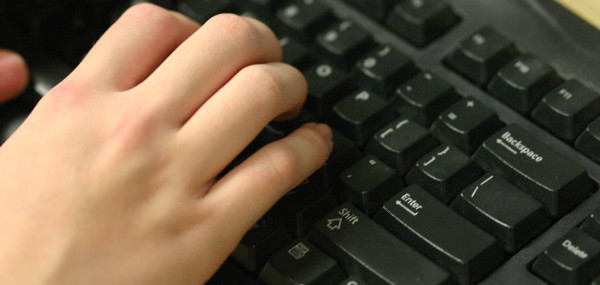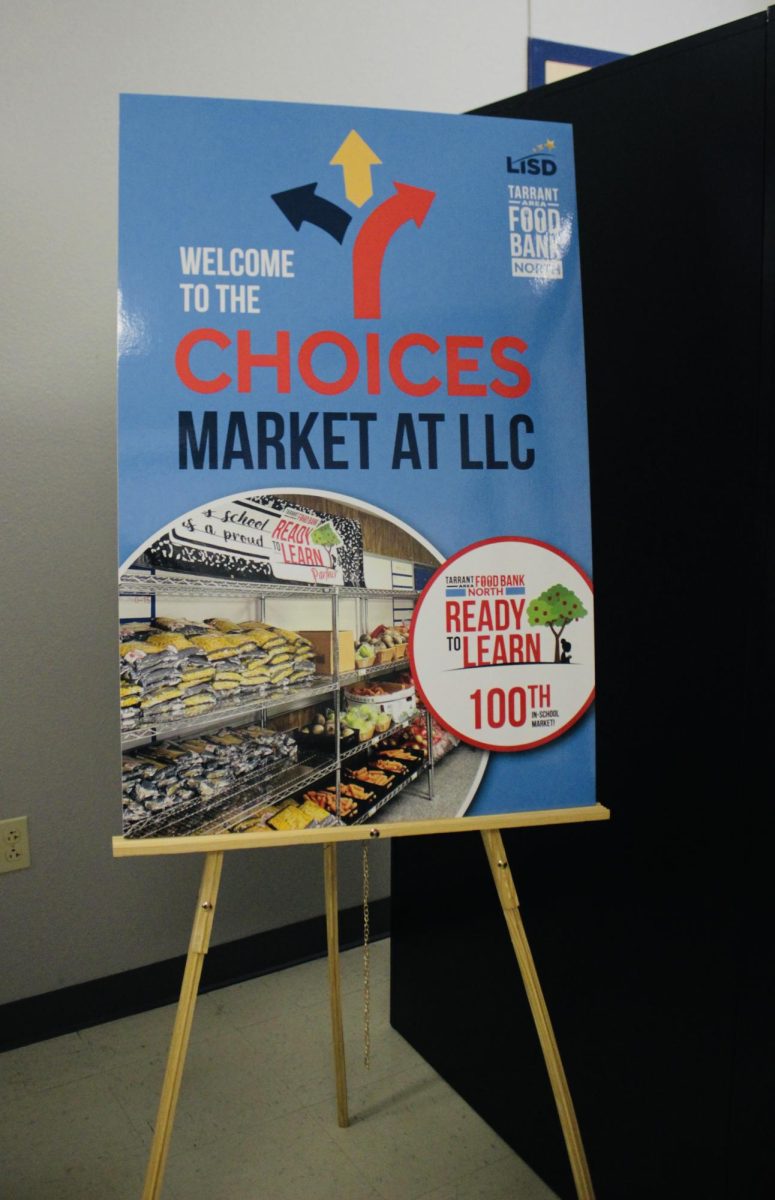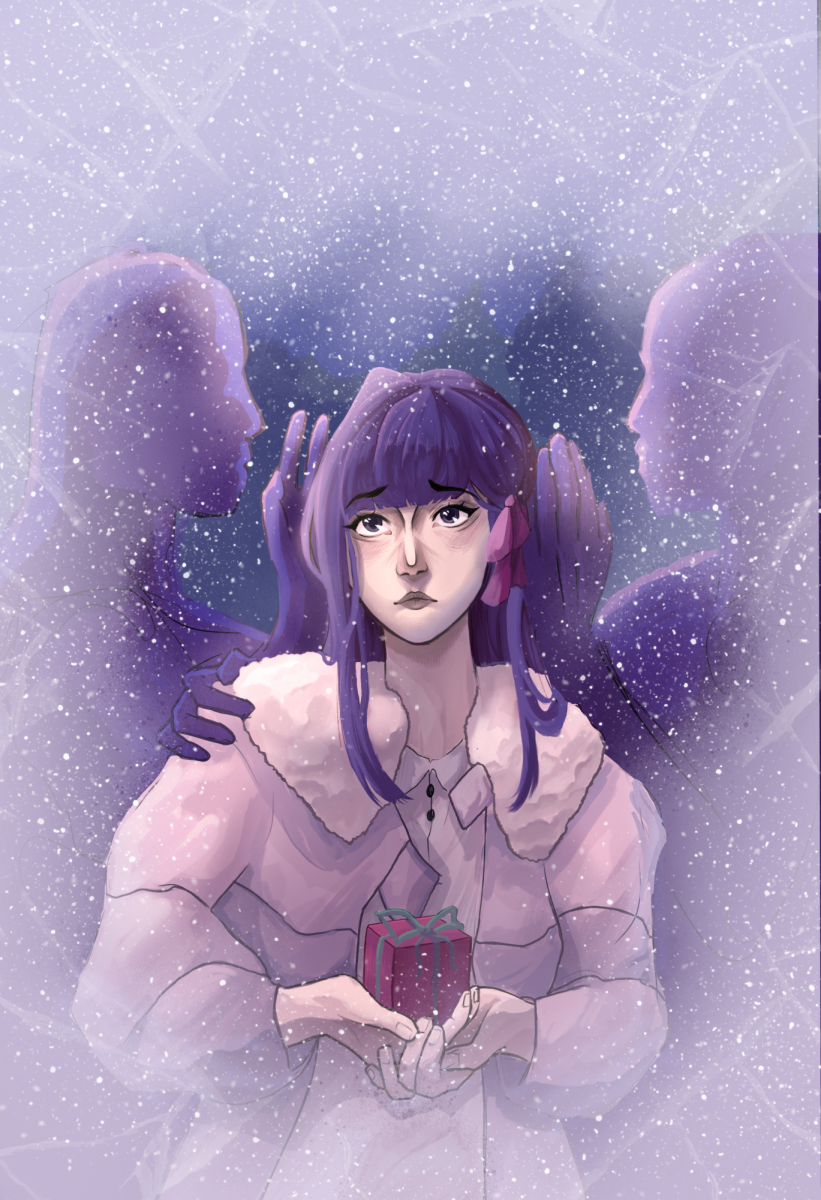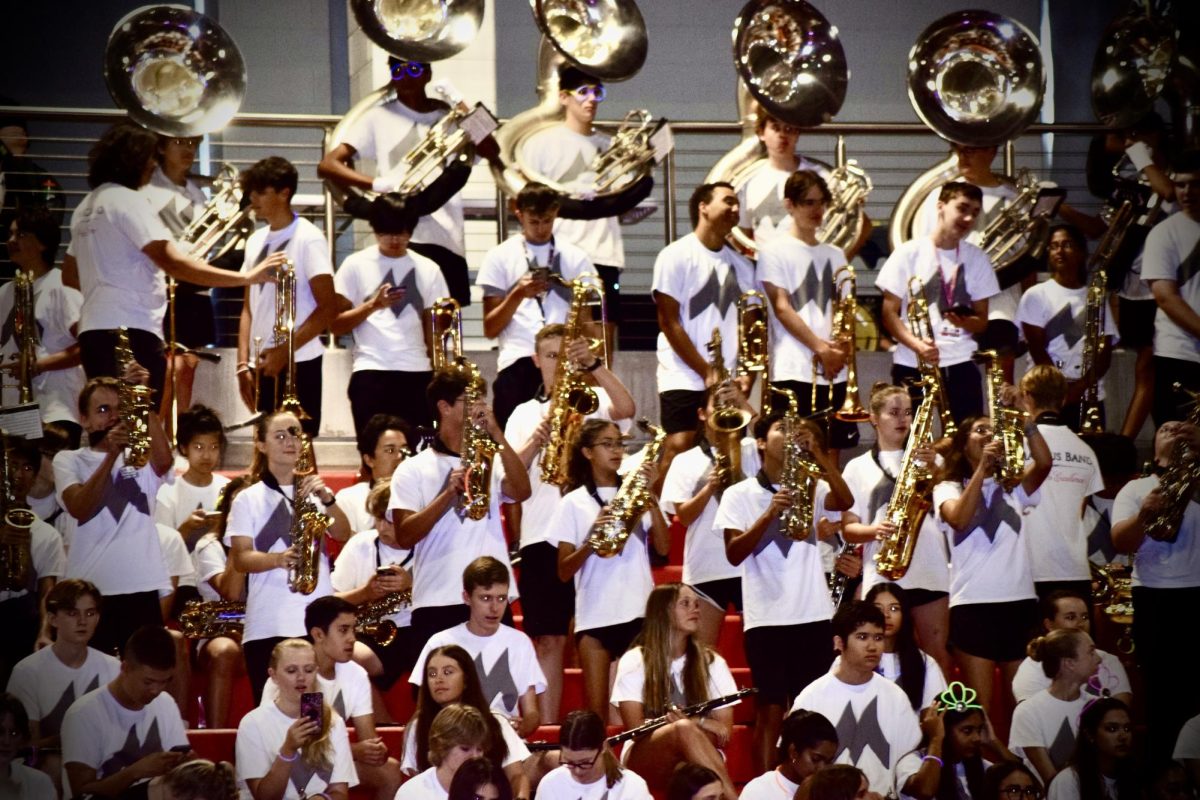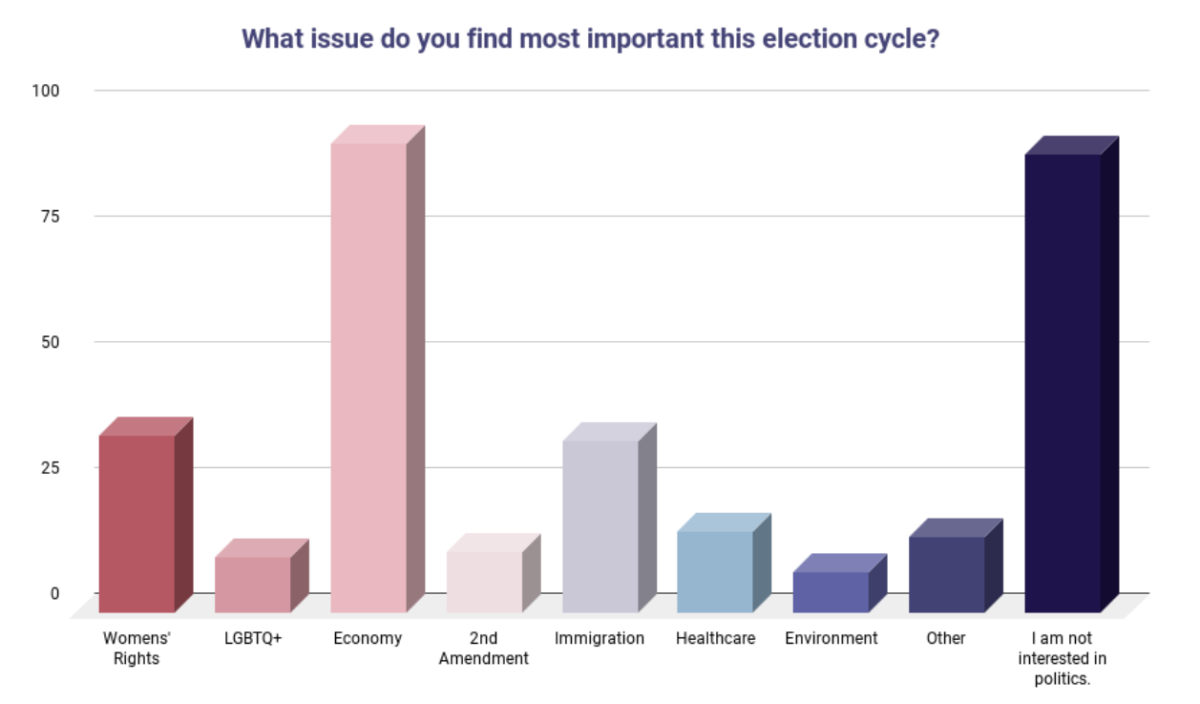YouTube may begin to look different if Congress has its way. A bill created for the Stop Online Piracy Act, or S.O.P.A, was taken to the House of Representatives. This law would give the government free reign over any type of copyright that is placed on the Internet, even if it is not for commercial use. This bill would allow the government to block any user on any website for breaking the new copyright law.
YouTube contains about 1,260,000 cover videos alone. Social Studies teacher Emily Worland believes that some of the activity on YouTube should not be considered illegal.
“YouTube, and similar sites, walk a fine line,” Worland said. “Yes, some people rip clips from movie and TV and put them up illegally on YouTube and that is wrong. But, someone dancing to or covering a song on YouTube– I don’t see as an infringement of copyright. If anything, that only promotes the copyrighted work, prompting more to be interested and to purchase it.”
If this bill is passed, entire social networking sites could be shut down, and could be charged with a felony. This also creates a problem for advertisers of these websites, such as PayPal. If the advertisers are teaming with a website that is going against this bill, they are also at risk of being charged.
Internet sites that voluntarily help to shut down other websites that still contain copyrighted material are then granted with immunity from the law.
This also means that copyright holders that do not use this power properly, but shut down a website that does not contain copyrighted material is liable for infringement themselves. YouTube user Senior Mikey Frantom thinks this could create more issues.
“It will create a never ending cycle of it. It will create a lot more problems than it will solve,” Frantom said.
Frantom uses YouTube to share his music. A singer and songwriter, he has been a user of YouTube since December 2009. Frantom has 100 subscribers and more than 25,000 viewers. Although he produces some of his own tunes, Frantom covers songs by popular artists.
Along with millions of others, Frantom, known as Mikey V takes covers of songs and makes them his own. On a recent cover he used the original instrumental and added his own mix to it. He does not use them for commercial use. Frantom says he enjoys doing them.
“That is how I started my music. If I liked a song on the Internet I would do my own version of it,” Frantom said.
Many users create videos covering songs and post them to sites like YouTube, Facebook, MySpace etc.
These users are not claiming these songs as their own and are giving the original artist credit. However, they are still breaking copyright law and the government is getting involved.
The bill has strict guidelines on what the new law will entail. Any user that does not contain the copyright of a song will be blocked from the website. According to YouTube, copyright laws are already in place. When signing up for a YouTube account you are shown the terms and conditions by which you are supposed to follow to continue being a valid user. Under their terms and conditions it plainly says,
“Recording a cover version of your favorite song does not necessarily give you the right to upload that recording without permission from the owner of the underlying music (e.g. the songwriter).”
Even with this information in place, they will be shut down. Another YouTube user and cover artist, freshman Evan Granberry disagrees; he says it should be allowed.
“I think copyright laws are good, but completely getting rid of cover songs is a little over the top,” said Granberry. “If they completely do away with cover songs, not many people would watch YouTube.”



